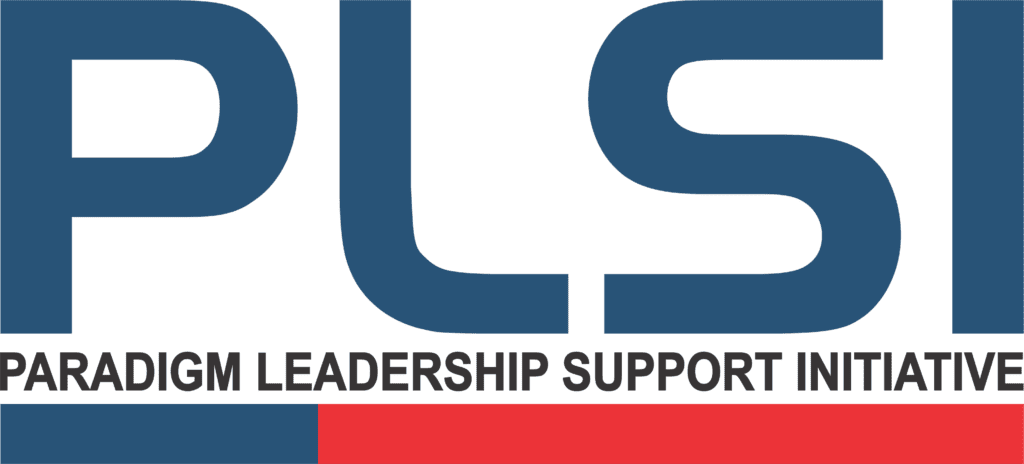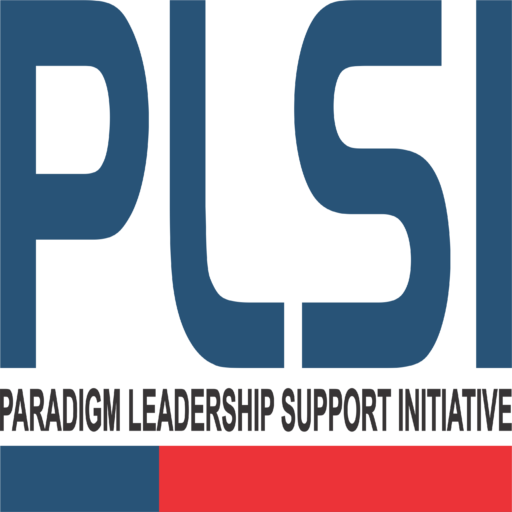In the last couple of years, consensus has been growing regarding citizen engagement as key mechanism to helping national governments attain improved development outcomes and results. That general agreement has spread across public sector institutions all over the world, including supreme audit institutions (SAIs). Given the importance of SAIs in scrutinizing government financial information and in ensuring transparency and accountability in the use of public funds, the potential benefits of citizen engagement are enormous, as demonstrated in real cases and in academic literature. Governments increasingly recognize that engaging citizens and leveraging their capacity can considerably enhance the overall effect, relevance, and legitimacy of audit processes.
Despite the growing recognition of the benefits of citizen engagement, SAIs have had limited interaction with citizens in countries around the world. This phenomenon exists partly because citizens and civil society organizations (CSOs) lack an understanding of SAIs’ role and capacities, and vice versa. For proper citizen engagement in audit process, citizens should be aware of the roles and capabilities of SAIs as well as their role to ensure adequate accountability through increased and active participation in audit process.
Active engagement of civil society in public matters is valuable in democratic societies. Moreover, it is particularly relevant to accomplishing goals in the following areas:
- Public financial management: Enhancing citizen oversight to improve public accountability in government spending. Substantive evidence describes how citizen engagement in public financial management (PFM) leads to more efficient, equitable, and inclusive budget processes and fiscal policies that support low-income citizens. SAIs, as examples of independent oversight agencies, are a critical part of the national accountability architecture. Given their mandates to “watch over” government accounts, operations, and performance, SAIs are natural partners of citizens in exercising public scrutiny. More specifically, public participation in the audit process can help improve the efficiency and effectiveness of the use of public resources by enhancing public scrutiny, thereby reducing vulnerabilities to corruption or wastage of resources.
- Service Delivery: Ensuring transparency, efficiency, and adequate service delivery, government agencies implement citizen engagement practices to monitor service delivery with the intent of enhancing transparency in government processes and systems, fostering better governance, and soliciting feedback from beneficiaries to improve service delivery. Those practices are essential for strengthening the multiple social accountability relationships, as proposed in the World Development Report (WDR) 2004 between government, service providers, and citizens. Public participation can help to close the gap between actual and desired service delivery because it enables information and feedback between users and the government or service provider.
- Fighting Corruption: Corruption has a disruptive impact on societies. Citizens may experience corruption in their daily lives; therefore, they can become central agents to tackle corruption by (a) detecting and reporting mismanagement and (b) ensuring probity.
- Strengthening ownership of audit & external oversight: Public management has a direct effect on citizens’ daily lives, and it can be improved through oversight duties that SAIs perform when monitoring performance of state agencies. More often than not, SAIs’ audit report findings do not elicit a response from the agency executive. However, as accountability loops broaden, citizens can play a more active role, gaining ownership of audit reports and demanding a concrete response from executives to act upon audit recommendations.

